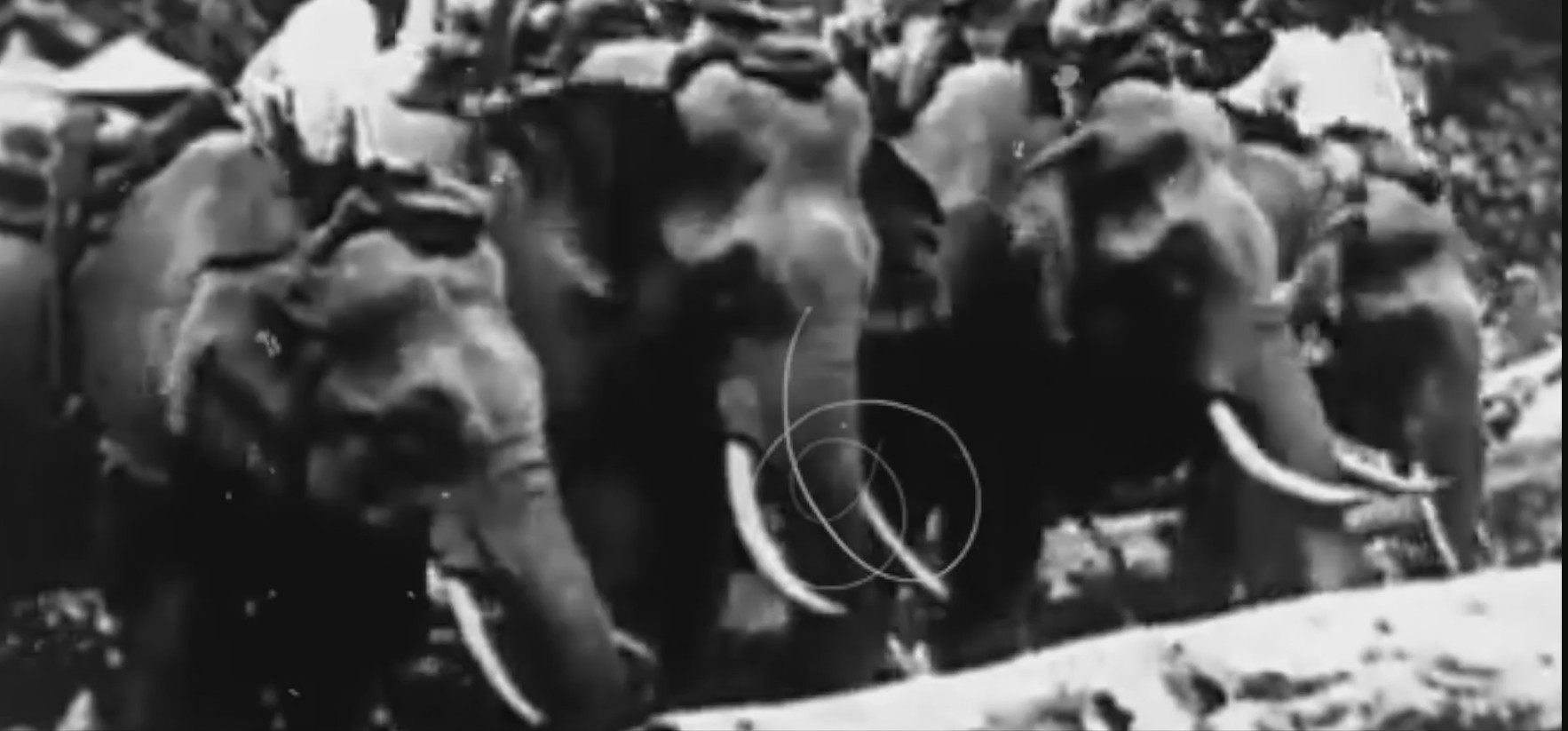
From Royal Companions to Conservation Ambassadors
Thailand is famously known as the “Land of the White Elephant”—a testament to the deep, historical bond between elephants and Thai people. For centuries, elephants have played a central role in Thai society: as royal symbols, warriors, laborers, and more recently, as tourist attractions. But the story of domestic elephants in Thailand is as complex as it is fascinating—and today, it’s evolving toward compassion and conservation.
In this article, we explore the history of elephants in Thailand, from their ancient roles to modern ethical tourism, and how sanctuaries like Phuket Elephant Conservation are helping write a better future for these beloved giants.
Ancient Origins: Elephants in Thai Culture and Royalty
Elephants have long been revered in Thai and Southeast Asian cultures. In early Thai kingdoms, elephants were symbols of power, prosperity, and spiritual strength. The rare white elephant, in particular, was considered sacred and often associated with royalty. Kings would seek white elephants as symbols of divine right to rule.
Beyond their symbolism, elephants were also used in warfare, helping Thai armies during battles, particularly in the Ayutthaya and Sukhothai periods. Their size, strength, and intelligence made them valuable war animals, carrying soldiers and even fighting other elephants in battle.
The Age of Labor: Logging and Work Elephants
As Thailand modernized, elephants transitioned from royal courts to forests. For centuries, they were crucial to the logging industry, particularly in the 19th and early 20th centuries. Domestic elephants were used to:
Logging was physically demanding and often dangerous work, but elephants were praised for their memory, endurance, and loyalty. During this period, Thai elephants were registered as “working animals“, similar to livestock.
Turning Point: The 1989 Logging Ban
Everything changed in 1989 when the Thai government banned logging in natural forests to combat deforestation. This decision was necessary for environmental protection—but it also left thousands of elephants and their mahouts (caretakers) jobless overnight.
Without work or income, many elephant keepers turned to tourism. Elephant rides, street begging, and performances became the new reality. While tourism provided economic relief, it often came at a high cost for elephant welfare. Many elephants were overworked, malnourished, or forced into unnatural behaviors to entertain tourists.
This period sparked global concern about the treatment of domestic elephants in Thailand—and laid the groundwork for the rise of ethical elephant sanctuaries.
Rise of Ethical Tourism: A New Chapter for Thai Elephants
Today, a growing number of travelers are choosing ethical elephant experiences over exploitative ones. Sanctuaries like Phuket Elephant Conservation offer a new way forward—one that honors the deep cultural history of Thai elephants while protecting their wellbeing.
Instead of riding or shows, visitors can now:
Observe them cooling off, foraging, and playing—on their own terms
This shift reflects a broader movement toward ethical elephant tourism in Thailand, where elephants are no longer entertainers but respected companions and conservation ambassadors.
Domestic Elephants Today: Protected Yet Still Vulnerable
There are approximately 3,500 domestic elephants in Thailand today, most of whom are legally registered and live in sanctuaries, camps, or private care. Unlike wild elephants (protected under national law), domestic elephants are still classified as livestock under Thailand’s legal system, which limits some protections.
However, increasing awareness and demand for ethical experiences are pushing for change. Visitors who support elephant rescue in Thailand are playing an important role in funding better care, nutrition, medical services, and advocacy.
At Phuket Elephant Conservation, every visit helps:
How You Can Help Continue the Story
The story of domestic elephants in Thailand is far from over—but with your help, it can be one of healing and hope. Here’s how you can be part of the solution:
From History to Hope: A New Era for Thailand’s Elephants
Elephants have stood beside Thai people through war, labor, and hardship. Today, it’s our turn to stand beside them—with respect, understanding, and compassion.
By learning about the history of working elephants in Thailand, we can better understand their current needs—and why sanctuaries like Phuket Elephant Conservation are more important than ever.
Whether you’re an animal lover, a cultural traveler, or someone looking for meaningful experiences, remember this: every kind choice we make helps shape the next chapter of Thailand’s elephant story.
Visit Phuket Elephant Conservation
➡️ Learn the stories of our rescued elephants
➡️ Support ethical elephant care and medical partnerships
➡️ Book your visit and become part of a legacy of compassion